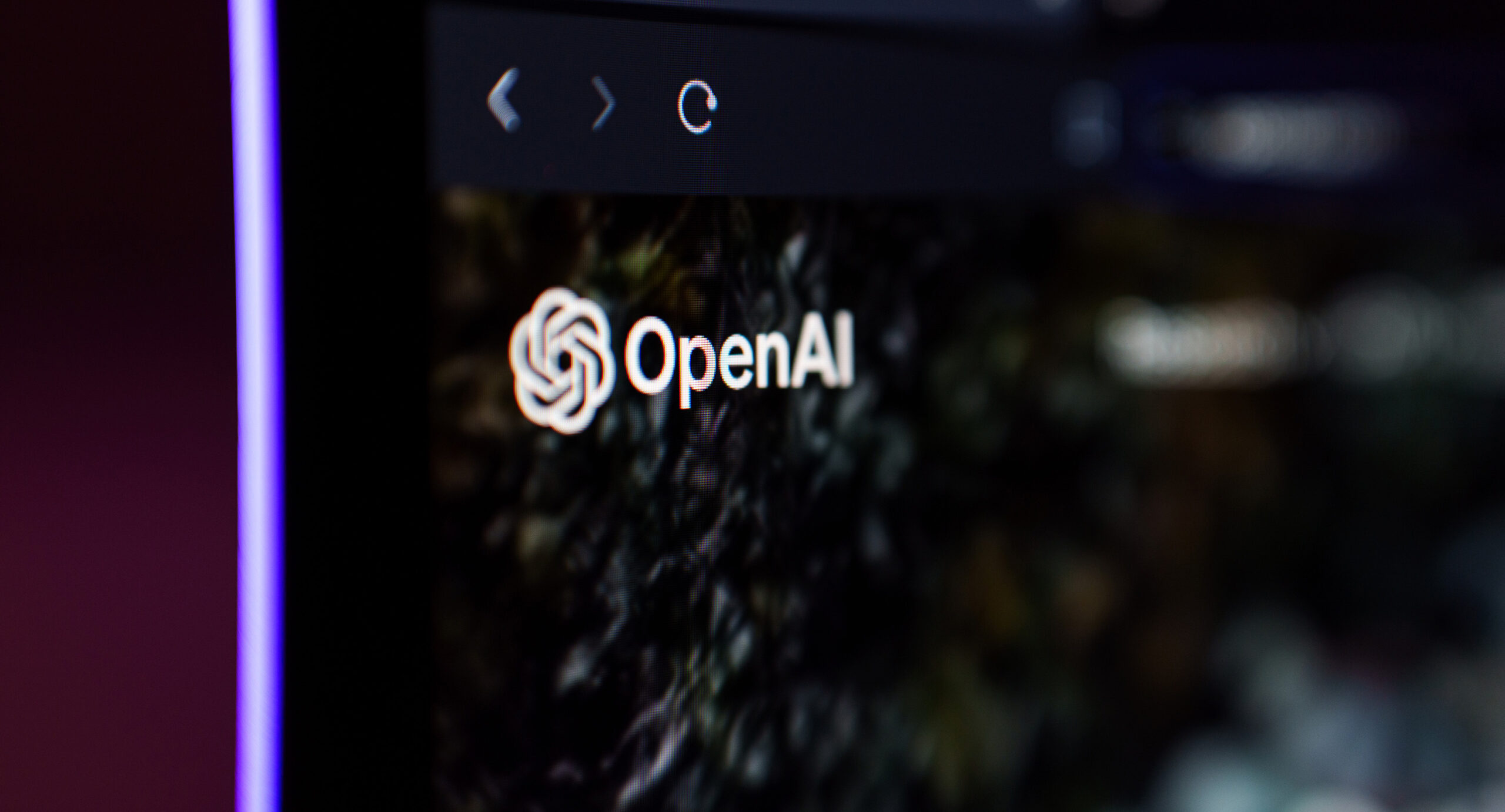OpenAI, the company behind ChatGPT and Sora, is attracting a lot of attention in the film and TV business. (Rokas Tenys/Dreamstime/TNS)
In the last twenty-five years, film, fashion, literature, and art in general have been transformed and influenced by so many factors, whether it be new technology, pieces of media, or monetary motivations. Through all these changes, I wonder if we are losing what makes art special, or if it has quickly changed into something that we cannot understand.
The many areas of our culture are always evolving. Technology allows directors to push the boundaries of film, and word processors allow writers to work faster than they ever could on paper. On top of that, new mediums have risen from the digital age that allow people to create beautiful 3D animation, allowing us to interact with the stories being told.
I would argue that death is only a form of change, and for better or worse, the rules of engagement for making art have drastically changed, allowing for new avenues of production and accessibility. Though new roads also mean new places to crash. In unfamiliar territory, it’s easy to get lost and make mistakes. This has been very evident with social media and AI.
Social media is a double-edged sword. While it offers a platform for artists to showcase their talents, the demands of algorithms cause content perceived as “irrelevant” to be buried under vapid memes and more of what the user already likes, creating a digital echo chamber for the user.
The attention economy also makes us crave instant gratification. I’ve had people tell me that they struggle to focus on one thing at a time, and can’t stand to watch or read anything that doesn’t immediately get to the point. It’s sad that people think a two-hour movie is too long, or that they can’t stand to pick up a book and let it grasp them.
This kind of greed for attention is evident in cinema too. In the 80s and 90s, movies were exciting and original. Filmmakers were inspired and excited to give the world something new, visually and artistically. While cinema hasn’t died as some might suggest, original concepts don’t thrive in the mainstream like they used to.
According to the University of Wollongong Australia, more than half of the films released in 2024 were reboots, sequels, or spin-offs. Likewise, according to BoxOfficeMojo, the highest-grossing twenty movies were sequels, reboots, or based on an existing property.
There were great movies to come out among this bunch, Wicked and Dune 2 probably chief among them, but there were plenty of other films buried financially and culturally.
Likewise, AI threatens to be the final nail in the coffin of many dying industries. The very existence of the writer may go the way of the dodo. An AI can write faster than any human could, and while it may not be able to do it well, audiences have been willing to compromise quality for spectacle before.
The institutions of cinema and literature are shaking in their boots. The Screen Actors Guild, who went on strike in 2024 with the Writers Guild Of America to protest the use of AI in film, has signed deals with AI companies to allow “digital voice replicas” of actors to be licensed.
Despite all these dark omens, art and culture are alive and well. Even as the mainstream culture struggles to define itself, indie writers, artists, directors, and developers thrive in their own lane. Platforms like Patreon, Substack, GoFundMe, and Ko-fi are havens where artists can get funding for their projects, give supporters access to their projects, and build a community away from the rat race of the rest of the internet.
Music artists have begun to prefer independence from labels, and indie film fans are still celebrating “Anora’s” massive success at the 97th Annual Oscars.
Ultimately, culture is, for the most part, man-made. We draw and redraw the lines as we see fit, meaning it’s our job to preserve the parts of it that we value and cut out the ones that harm us. Despite how technology has changed the rules, we can still create a more positive culture by working to place more emphasis on intellectualism in our communities.
